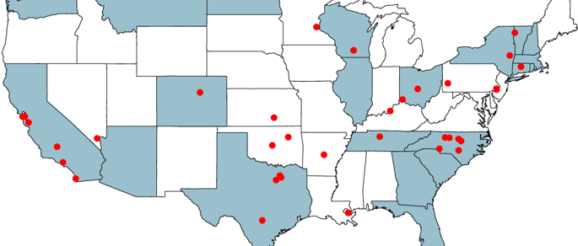A large-scale analysis of racial disparities in police stops across the United States | Nature Human Behaviour

We assessed racial disparities in policing in the United States by compiling and analysing a dataset detailing nearly 100 million traffic stops conducted across the country. We found that black drivers were less likely to be stopped after sunset, when a ‘veil of darkness’ masks one’s race, suggesting bias in stop decisions. Furthermore, by examining the rate at which stopped drivers were searched and the likelihood that searches turned up contraband, we found evidence that the bar for searching black and Hispanic drivers was lower than that for searching white drivers. Finally, we found that legalization of recreational marijuana reduced the number of searches of white, black and Hispanic drivers—but the bar for searching black and Hispanic drivers was still lower than that for white drivers post-legalization. Our results indicate that police stops and search decisions suffer from persistent racial bias and point to the value of policy interventions to mitigate these disparities.
We thank B. Bonilla, W. Kim, J. Nudell, S. Robertson and E. Sagara for their assistance throughout this project; we also thank A. Chohlas-Wood and A. Feller for their helpful feedback. This work was supported in part by the John S. and James L. Knight Foundation and by the Hellman Foundation. The funders had no role in study design, data collection and analysis, decision to publish or preparation of the manuscript.
